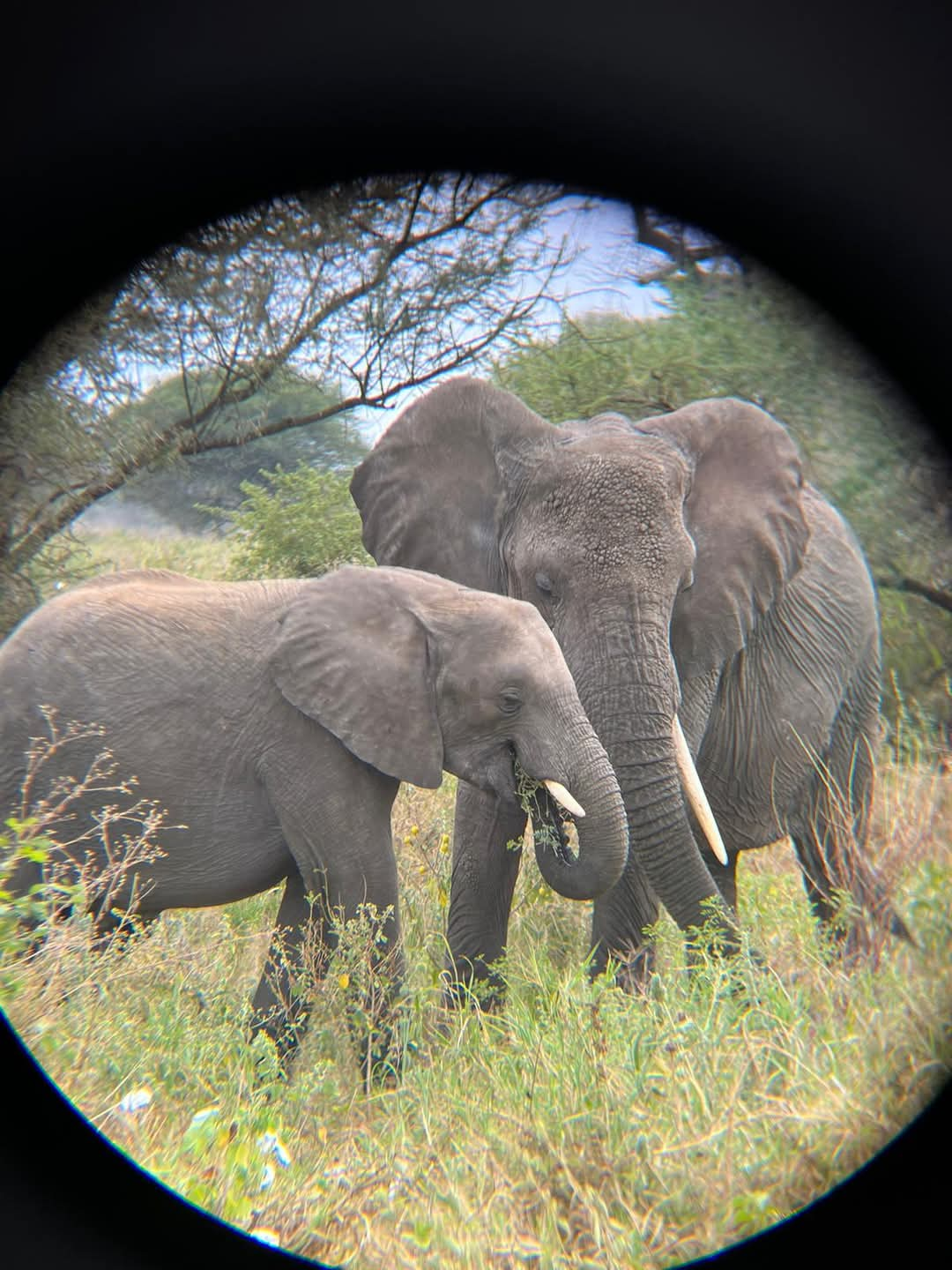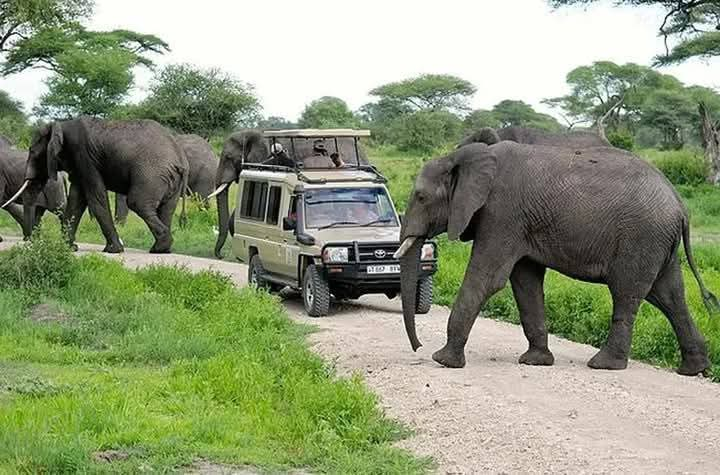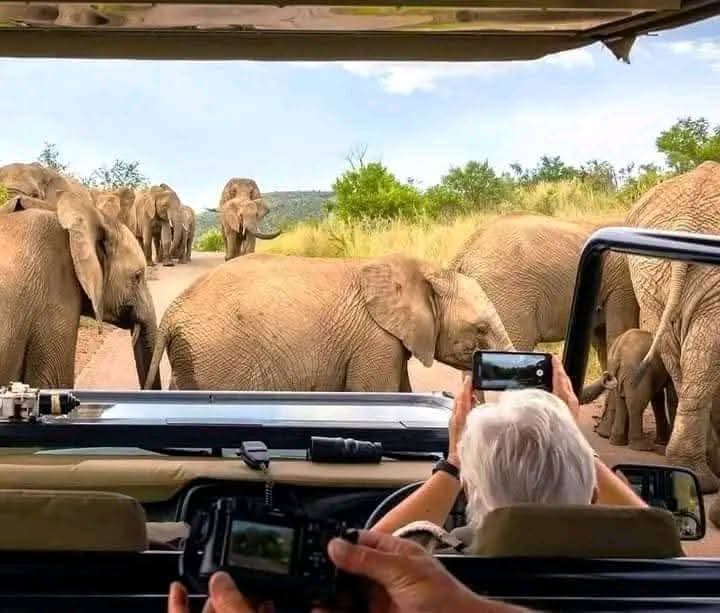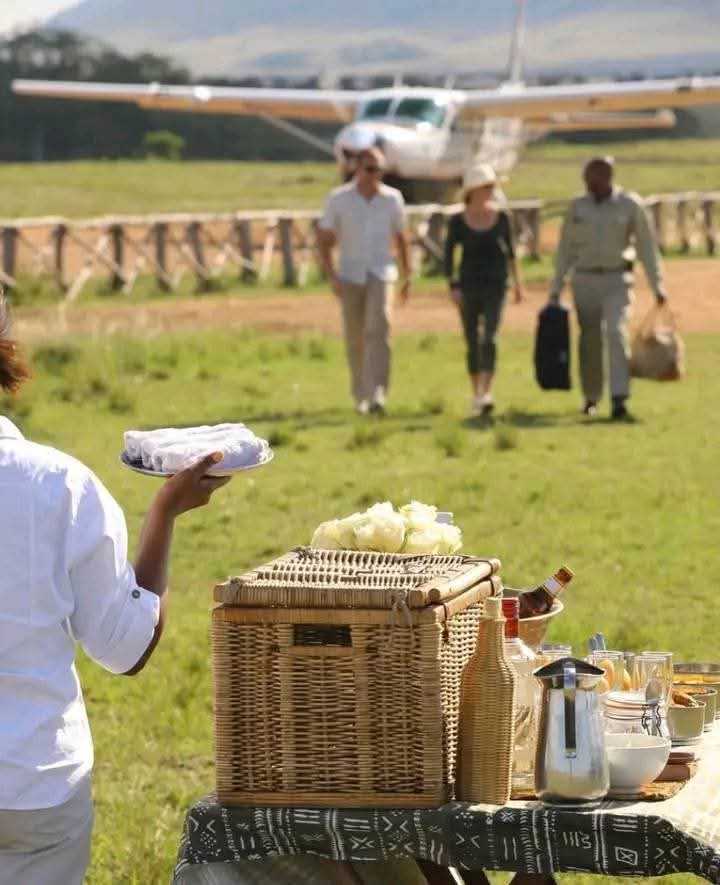Includes
1. Park fees: This would apply to non-residents, meaning the charge for entry to parks or nature reserves.
2. All activities (Unless labeled as optional): This includes all planned activities during the tour or trip, unless some are labeled as optional (extra cost or voluntary).
3. All accommodation (Unless listed as upgrade): All hotel or lodging costs are included, unless you choose to upgrade your accommodation to a higher level.
4. A professional driver/guide: A professional guide or driver will be provided to accompany and assist during the trip.
5. All transportation (Unless labeled as optional): All transportation required for the tour (e.g., buses, trains, flights) is included, unless some options are labeled as extra or optional.
6. All Taxes/VAT: Any applicable taxes or value-added taxes (VAT) are included in the price.
7. Roundtrip airport transfer: Transfers to and from the airport are included in the package.
8. Meals (As specified in the day-by-day section): The meals are included based on the itinerary, typically breakfast, lunch, or dinner as outlined.
9. Drinks (As specified in the day-by-day section): Any beverages specified in the itinerary are covered, usually water or specific drinks during meals.
Excludes
1. International flights (From/to home): The cost of flights to and from your home country to the destination is not included.
2. Additional accommodation before and at the end of the tour: If you choose to stay extra nights before or after the tour, those accommodation costs are your responsibility.
3. Tips (Tipping guideline US$10.00 pp per day): Tips for guides, drivers, or other service personnel are not included and are typically given directly to the service providers. A guideline of $10 per person, per day, is suggested.
4. Personal items (Souvenirs, travel insurance, visa fees, etc.): Any personal expenses like souvenirs, travel insurance, visa fees, or any additional items purchased during the trip are not covered.
5. Government-imposed increase of taxes and/or park fees: If there are any new or increased government taxes, park fees, or other charges that arise after booking, they will not be included in the original price.
6. Domestic flight: If the trip involves domestic flights within the country you're visiting, those are typically extra and not included in the package.
Important information
Things to Bring
When preparing for your safari, it’s important to pack wisely to ensure comfort and safety throughout your trip. For clothing, pack light and neutral-colored clothes for daytime activities. Avoid bright colors, as they can attract insects or disturb the wildlife. Temperatures can drop in the mornings and evenings, so it’s advisable to bring some warmer layers for those times. A good camera with a zoom lens is highly recommended for capturing wildlife in its natural habitat, so be sure to have your gear ready for photography. Binoculars are also a useful tool for birdwatching and spotting distant animals. Additionally, don’t forget to pack sunscreen and a hat to protect yourself from the sun during daytime game drives. In terms of health, make sure to bring any necessary medications, along with a small first aid kit. If advised, consider taking malaria prophylaxis and pack mosquito repellent to protect against insect bites.
Health and Safety Considerations
Before traveling to Tanzania, it's essential to check the latest health advisories and make sure you’re up-to-date with required vaccinations, such as yellow fever, which may be mandatory for entry into the country. Malaria is a concern in some areas, so it’s wise to consult a healthcare provider about taking malaria prevention medications. Additionally, ensure you have adequate mosquito protection, such as repellent or nets, as Tanzania is a malaria-risk region. Safety during your safari is paramount—always follow the guidance of your guide. Avoid getting too close to the wildlife or disturbing them, and stay inside the vehicle during game drives for your safety and the safety of the animals.
Wildlife Expectations
One of the main highlights of the safari is the chance to see the Big Five: lion, leopard, buffalo, elephant, and rhinoceros. While Ngorongoro Crater is known for providing a high chance of seeing all of these animals, it’s important to understand that sightings are not guaranteed. Birdwatchers will especially enjoy Lake Manyara and Tarangire, as these parks are home to flamingos, vultures, and other fascinating bird species. Lake Manyara is also known for its tree-climbing lions, a rare phenomenon, but it’s important not to be disappointed if these lions are not spotted, as their sightings are infrequent.
Climate and Best Time to Visit
Tanzania’s weather can vary depending on the season. The dry season, typically from June to October, is considered the best time for wildlife viewing because animals tend to gather around water sources. However, the rainy season, from March to May, can make some roads difficult to navigate, and wildlife may be harder to spot. Despite this, the parks are less crowded during the rainy season, offering a more serene experience. When packing for your safari, remember that temperatures can fluctuate. It’s best to pack for a range of weather conditions: light clothing for daytime, warmer layers for evenings, and a jacket for cooler mornings.
Accommodation Options
Safari accommodation can vary depending on the package you choose. Standard lodging typically includes lodges or tented camps located inside or near the parks, offering a comfortable stay with necessary amenities. If you prefer a more luxurious experience, some safari packages offer upgrades to high-end lodges or premium tented camps. Make sure to inquire about these options and associated costs when booking your safari to ensure it aligns with your preferences and budget.
Environmental Impact
Eco-friendly practices are becoming more common in the safari industry, with many operators prioritizing sustainability and conservation efforts. Choosing a tour company that supports eco-tourism and works to minimize its environmental impact is a good way to ensure that your trip has a positive effect on the local ecosystem. During your safari, always respect wildlife by following the rules and guidelines set by your guide. This helps minimize disruptions to the animals and their natural habitats, allowing for a safer and more responsible experience for all involved.
Booking and Payment
When booking your safari, many operators will require a deposit to secure your spot, with the remaining balance due closer to your departure date. Be sure to review the cancellation policies before booking, as many safari packages have strict terms. Confirm the payment methods that the operator accepts—whether it’s credit card, bank transfer, or other options—and ensure you’re comfortable with their policies before proceeding with the booking.
In conclusion, a 4-day safari to Tarangire, Ngorongoro, and Lake Manyara offers an exciting and unforgettable adventure. By understanding what to bring, what to expect, and the logistics of your trip, you can ensure a smooth and enjoyable experience.









